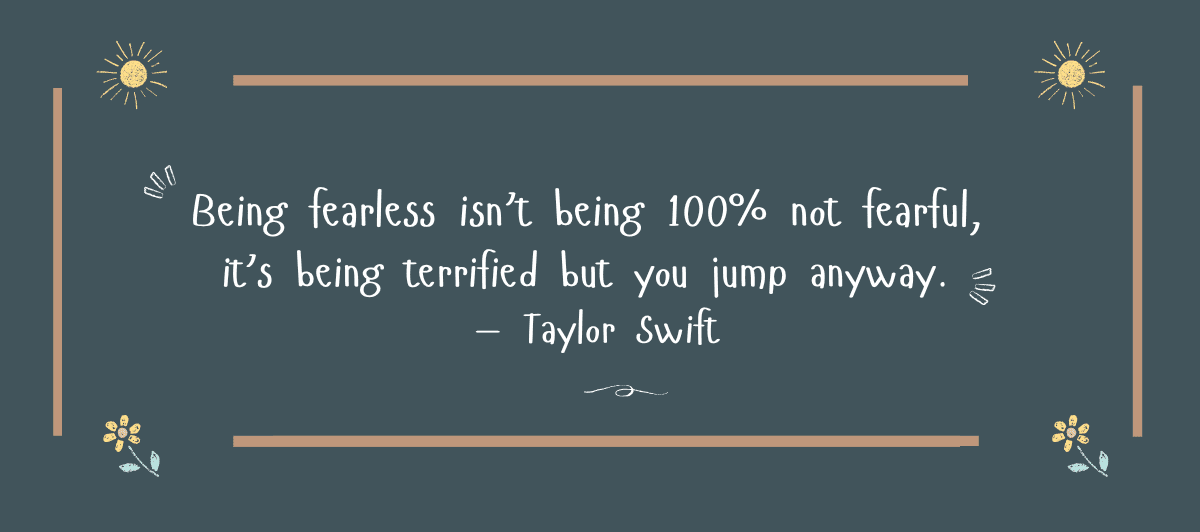
Are We Truly Connecting with Kids About Mental Health?
When we talk about kids’ mental health, we often focus on behaviours, challenges or strategies, but we rarely talk about one of the most important aspects—emotions. Emotions are at the heart of mental well-being, yet they’re often ignored, even though they impact our thoughts, health, mood and the choices we make.
Kids often tell me that adults rarely ask them what they’re feeling. Instead, the focus is usually on behaviour:
- Why did you do that?
- Stop acting that way.
- You should know better.
These responses focus on the actions rather than the emotional state behind them.
Do you ever take a pause and ask kids, “How were you feeling when you did that or acted/reacted that way?” We tend to skip that question, assuming behavior is the most important subject to discuss. Without understanding the feelings driving those actions, we miss a huge part of the picture.
It makes me wonder: Are we truly addressing kids’ mental health, or are we focusing on what feels easier to discuss?
Talking about emotions can feel uncomfortable. Whether we like it or not, emotions are part of all of us, every second of every day. Ignoring them doesn’t make them go away; it just makes them harder to handle.
If we don’t ask kids about their emotions, how will they ever learn to recognize them? And if we do ask, we often hear, “I don’t know” which is, in most cases, an honest answer. They may not know because we haven’t taught them to name and acknowledge their emotions. (download poster)
This is what I know: We need to be the Emotional Leaders in their lives. We need to start being curious about their emotions. This curiosity builds trust and encourages your child/student to reach out when they need guidance, knowing their emotions are valid and worthy of attention.
Until next time…





